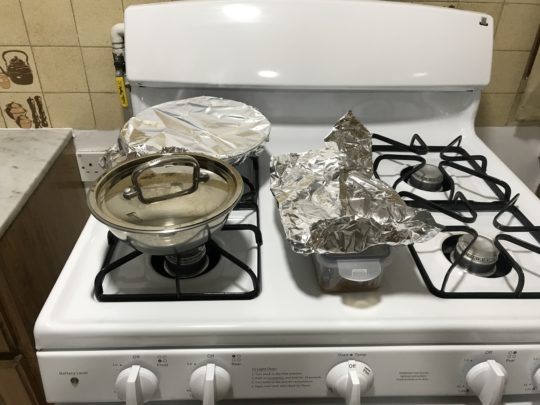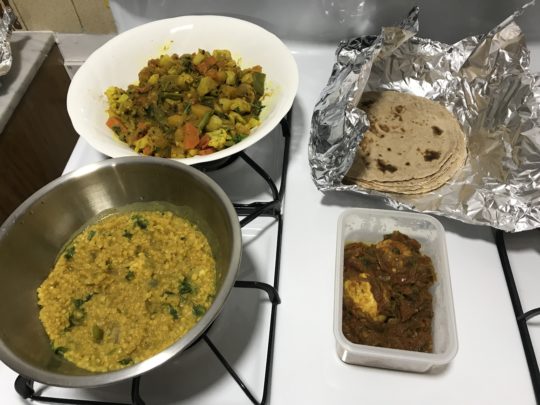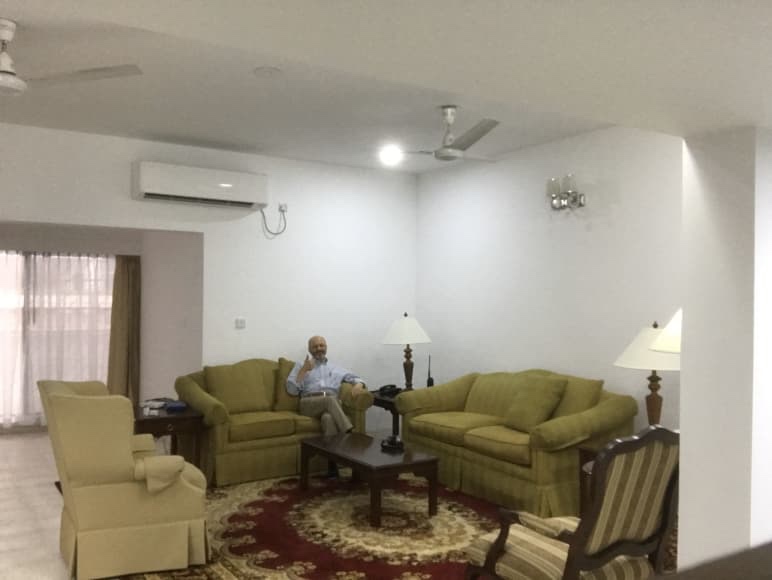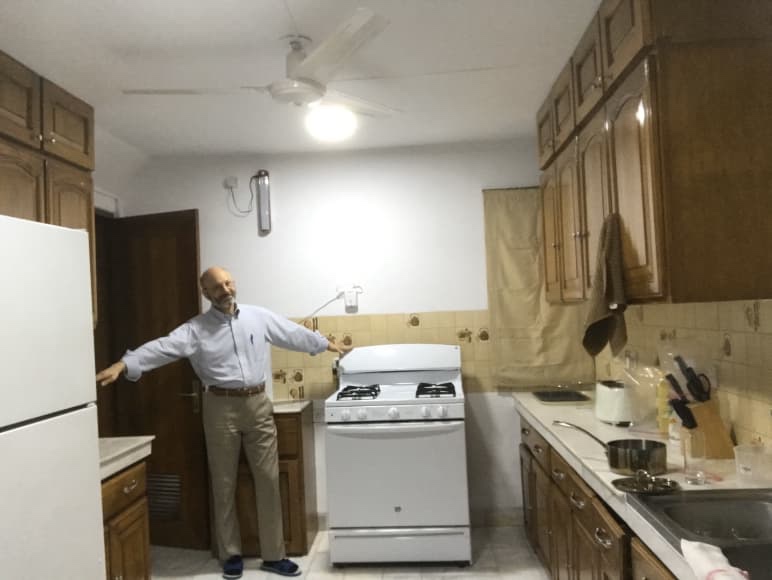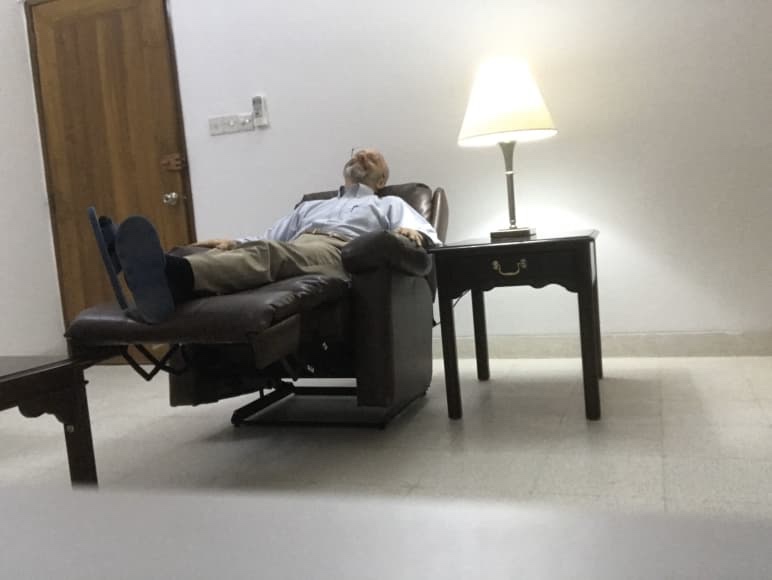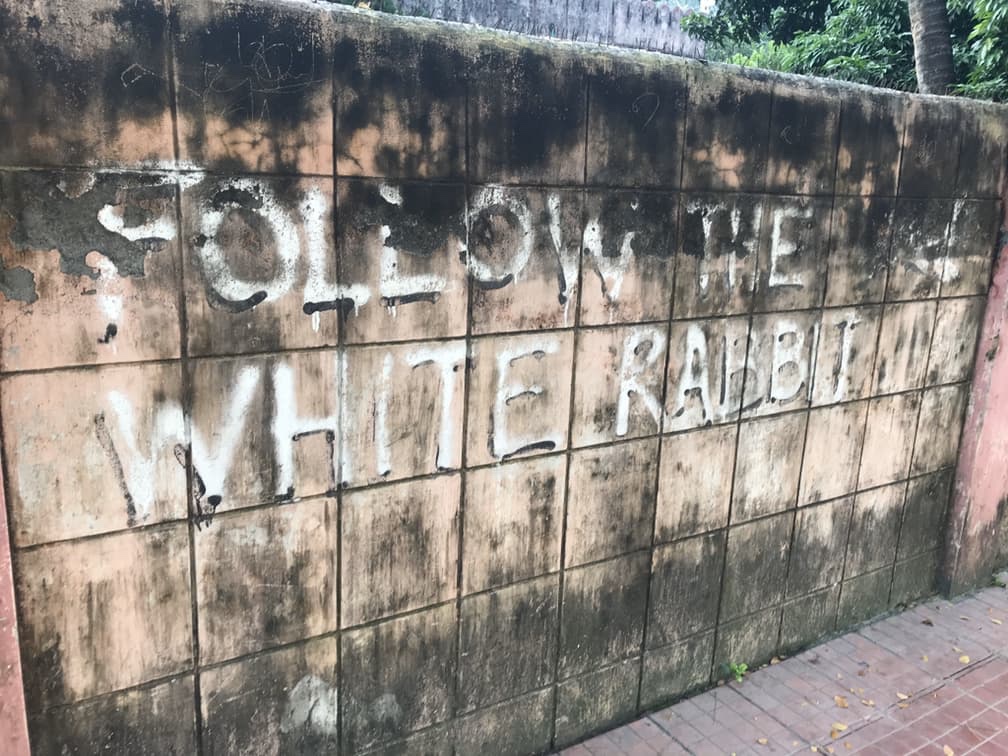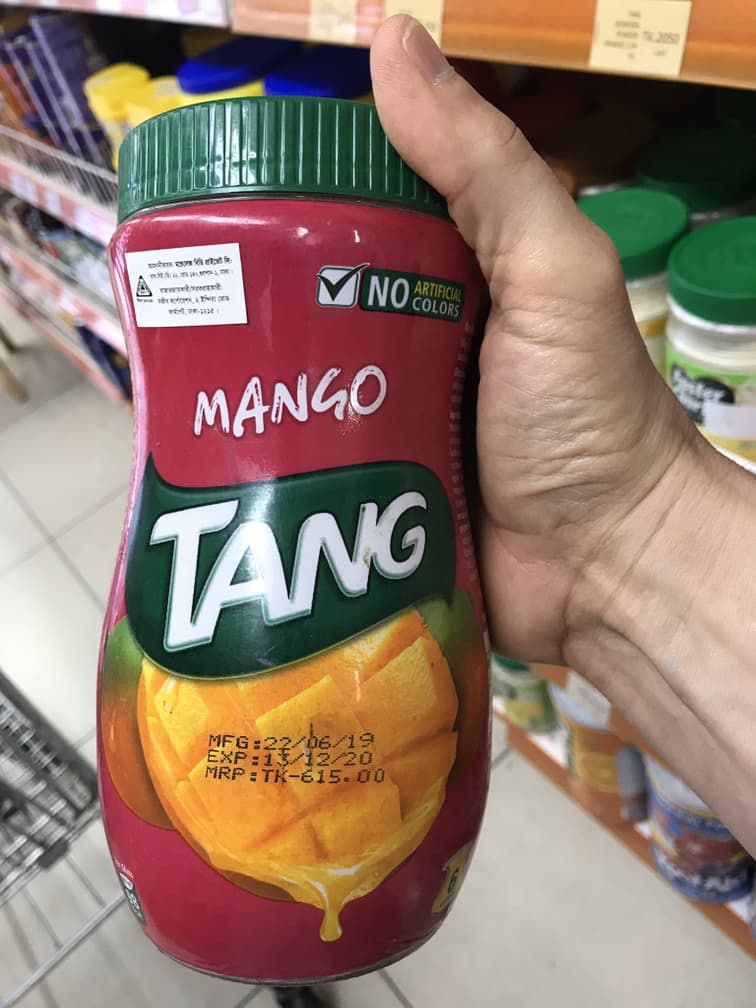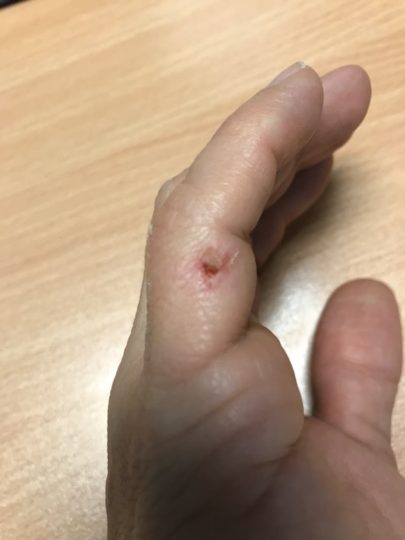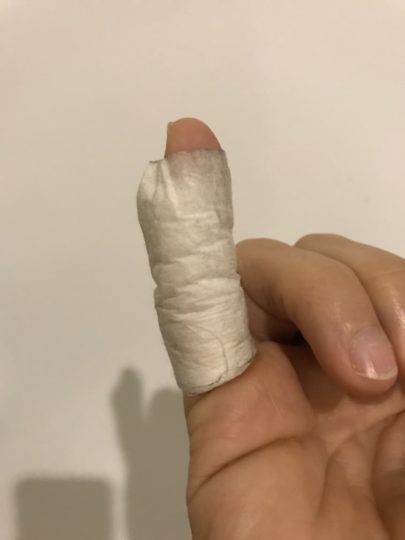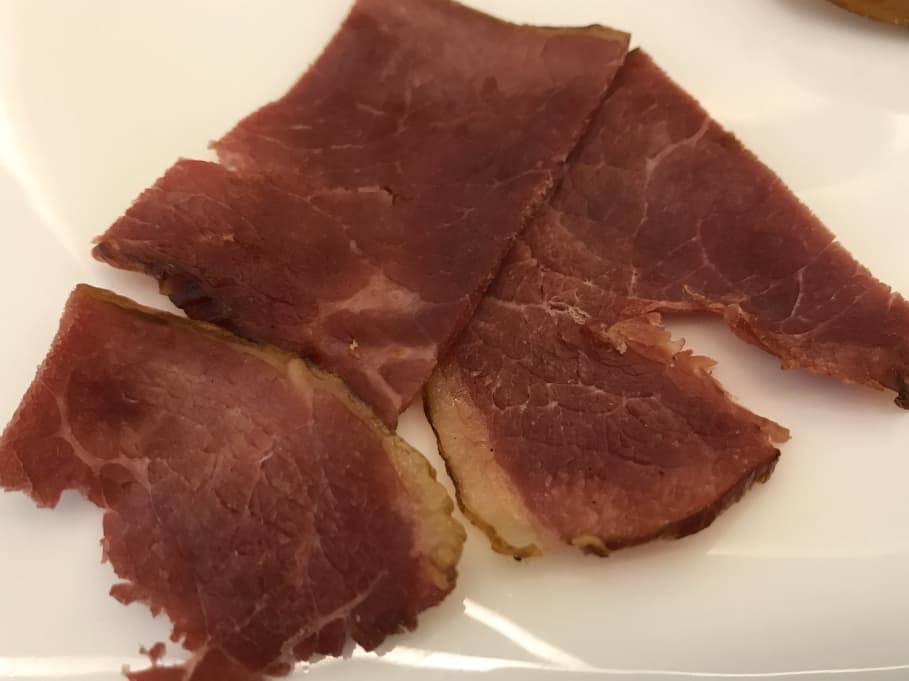I’m almost sure this wasn’t my fault
As the Accountable Officer, I’m responsible for locking up our unused visas and passports at the end of every day. We keep them in a very secure, very heavy safe. We keep all of our visas in one safe (big mistake). The safe is kept secure (too secure) by a special kind of electronic/mechanical combination lock. The Department is very clear that we have to use this special kind of lock, because of how secure they are. In fact, the locks are made by the same company that secures the US gold reserves at Fort Knox.
We found out just how secure they are last week, when the lock malfunctioned and we were locked out of the safe.
The security guy at post said that he knew a few tricks to try to get the lock working again. He suggested tipping it on its side. My boss and I exchanged a glance that said: “I’m middle-aged, you’re middle-aged, and he wants us to do what, now?” Already heavy even when it’s empty, when it’s full of visa foils, the darn thing weighs a ton, literally. But the security guy (a much, much younger guy than us) said that gravity can help the lock mechanism engage. Piece of cake, he said.
Tipping that damn thing on it side was most definitely not a piece of cake, and it also did not work.
Then he handed me a ball-peen hammer and said: “OK, I’m going to spin the wheel. When I tell you to, hit it as hard as you can, right here (three millimeters from his hand), but don’t hit my fingers.”
That didn’t work either (no surprise there), but I didn’t hit his fingers (big surprise there). At least there was no screaming that afternoon.
My boss thought that we’d have to get the facilities guys to come over and cut it open with a welding torch or something. When we asked them about that idea, the facilities guys sort of laughed at us, then hung up the phone.
In the end, they had to use a special diamond-tipped saw blade to cut open the safe. I took some pictures of the process, but the security guy forbade me from posting them online. He didn’t want this blog post to turn into a how-to guide on breaking into a State Department safe in 700 easy steps. Ask me next time we meet up, though, I’ll show you. They’re pretty funny.
So now we have one less safe to store our stuff in. We had to reshuffle our stuff around in our other safes to make room. Even though the security guy told me that this happens occasionally, and the the locks give out after years of use, I feel bad about having had to destroy a piece of equipment.
But at the same time, I have a satisfying feeling of revenge. That drawer that we cut open was the same drawer that ka-chunked my finger a few months ago.
Take that, you evil safe.
